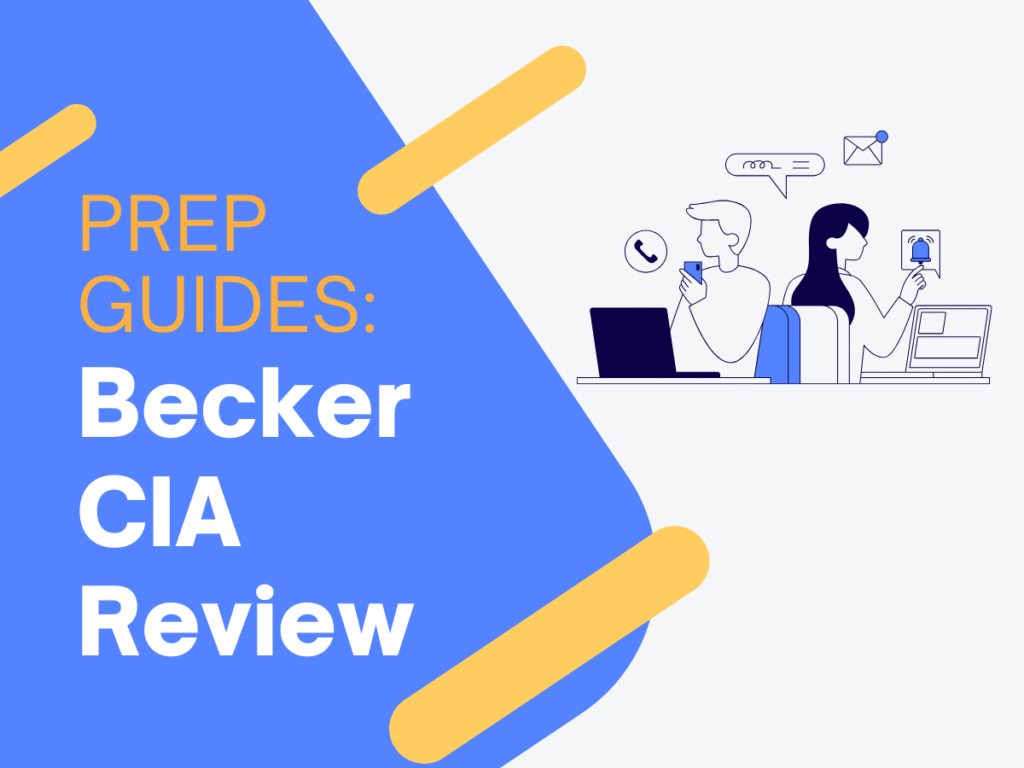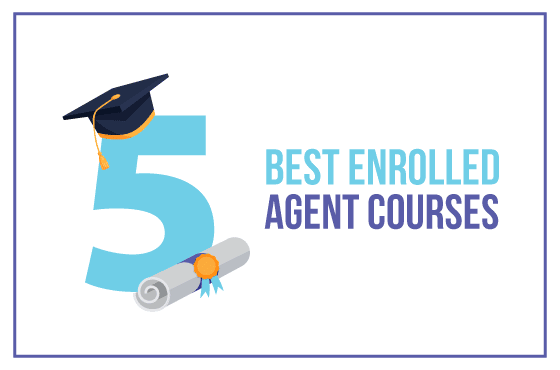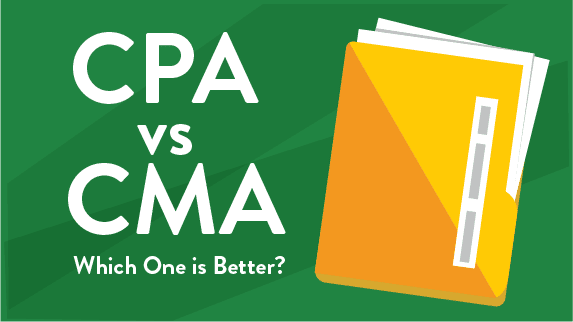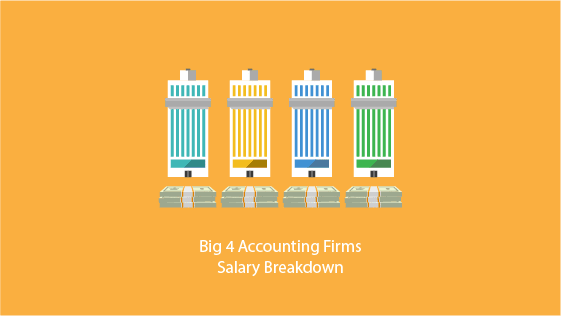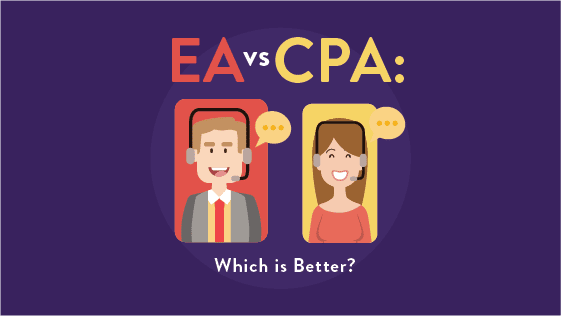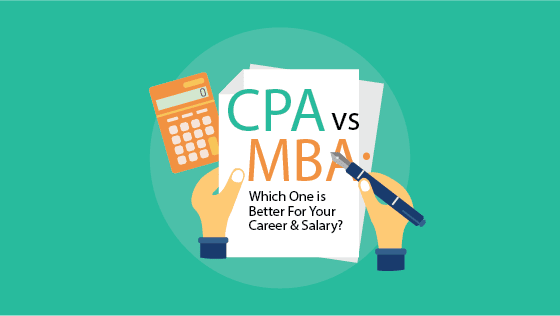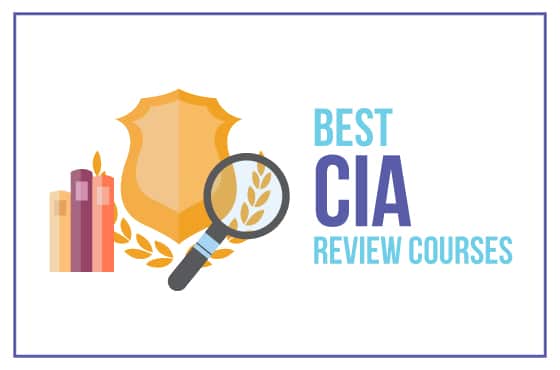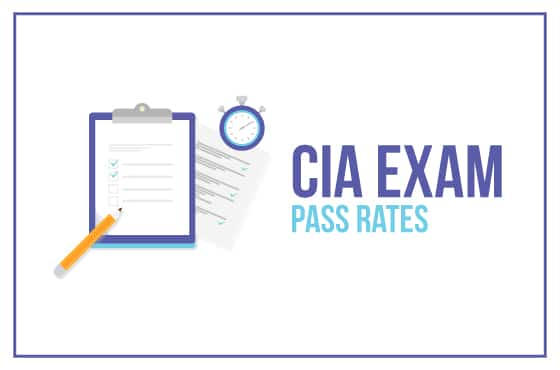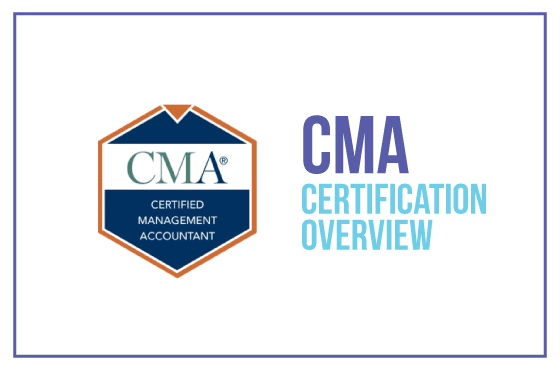
It’s a tricky question to answer: Should you become a Certified Internal Auditor (CIA) or Certified Public Accountant (CPA)? Both are respected professional credentials that improve your skills and advance your career, but how do you choose?
Let’s start by breaking down what each credential will require in terms of time commitments, effort, and costs.
What is a CPA?
Certified Public Accountants are expected to perform their jobs ethically. Why? Because they are responsible for performing jobs related to public accounting and financial reporting, such as preparing financial statement, tax preparation, and record keeping—all in accordance with a set code of standards. CPAs are the only people legally allowed to sign and submit financial statements to the IRS.
To become a CPA you must pass the notorious CPA exam that is administered by the AICPA. It consists of 4 parts: Accounting and Auditing, Business Environment and Concepts, Financial Accounting Reporting, and Regulation.
What is a CIA?
Certified Internal Auditors focus almost exclusively on performing internal audits of a company’s financials and internal controllers. CIAs can also perform audits of information systems, compliance and other key internal protocols. This is role that requires you to always have and abide by high ethical standards.
Just like a CPA, to become a CIA must pass an exam. The CIA exam is administered by the Institute of Internal Auditors (IIA) and consists of 3 parts: Business Knowledge for Internal Auditing, Practice of Internal Auditing, and Essentials of Internal Auditing. You can learn more about the best CIA prep courses here.

CIA vs CPA: Certification Requirements
To become a CIA, you must meet the following requirements:
- Have earned four-year post-secondary degree from an accredited university. (This can be substituted with work experience; either five years of work experience coupled with two years of post-secondary schooling, or seven years of verified auditing work.)
- Two years of verified audit work experience (a master’s degree can substitute for one year)
- Pass the 3-part CIA Exam
- Pay all applicable application and exam fees
- Submit a Character Reference Form signed by a CIA, CGAP, CCSA, CFSA, CRMA, or your work supervisor
- Agree to abide by the IIA’s Code of Ethics
- Provide proof of identification
The time required to become a CIA varies greatly, based on the many options for meeting the education/work experience requirements. You will need 4 years in college to earn your undergraduate degree. Then you will need 2 years of approved work experience, which brings the total to 6 years. IIA allows 4 years to pass the exam (which also has a very low pass rate), so it could take you 10 years to become certified.

To Become a CPA, you must meet the following requirements:
- Meet the education and experience requirements of the U.S. state in which you are going to be licensed. These are different from state to state, but in general the requirements ask you to have at least a four-year degree in accounting, business or related field AND two years of general accounting work
- Pass the four-section CPA Exam
- Pay all applicable application and exam fees
I strongly encourage you to closely investigate the requirements of your state before staring your CPA journey. Unlike CIAs, who are nationally certified, CPAs must obtain a license for each state in which they practice.
You will spend around 5 years getting your bachelor’s and/or master’s degree to fulfill the 150 credit hour requirement to become a CPA. If your state requires work experience, then add another 2 years. The AICPA allows 18 months to pass the CPA exam. That all adds up to 8 ½ years.
CIA vs CPA: The Exam
The CIA Exam is 100% compute-based and consists of three separate parts:
- Part 1: Internal Audit Basics
- Part 2: Internal Audit Practice
- Part 3: Internal Audit Knowledge Elements
You can take the CIA exam at any time throughout the year at any one of the 500+ Pearson VUE centers around the world. The exam is offered in 16 languages, including Arabic, Chinese (traditional), English, French, German, Hebrew, Indonesian, Italian, Japanese, Korean, Polish, Portuguese, Russian, Spanish, Turkish, and Thai.
If you are an IIA member, the cost of the examine is $990. Non-members have to pay the full price at $1,150, which is why it is worth your time to become an IIA member.
The CPA Exam is made up of four sections:
- Audit and Attestation (AUD)
- Financial Accounting and Reporting (FAR)
- Regulation (REG)
- Business Environment and Concepts (BEC)
Like the CIA Exam, the CPA Exam is 100% computer based. However, it is only administered via Prometric Testing Centers during four two-month windows throughout the year. The exam is not offered in March, June, September or December.
The cost of the CPA Exam varies by state/jurisdiction, but generally ranges from $600 to $800 for all four sections.
CIA vs CPA: Salaries

Generally, CPAs earn slightly more than CIAs, but this all depends on the CIA’s job title. Other factors can determine a CIA or CPAs salary, such as location, title, and years of experience will determine your salary.
The median salary for a CPA is $62,123 and $59,677 for a CIA. Recently there has been a heightened demand for tightened accountability and increased scrutiny., making career growth optimistic for both CIAs and CPAs.
So, Which is Better?
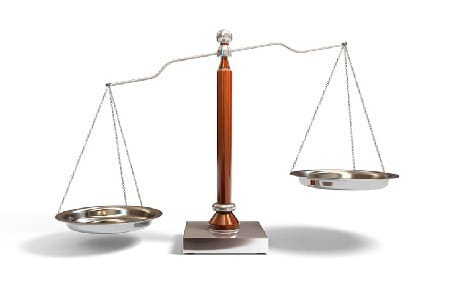
Of course, this all depends on what you want to do. The CIA certification is easier to obtain than the CPA since the exam is focused on 1 major aspect of accounting, whereas the CPA exam is based on 4. If you enjoy detail work and investigating, the CIA certification would work out well for you.
On the other hand, a CPA can also do auditing work but has more career opportunities in the areas of taxes and reporting, creating a more versatile credential. If you prefer auditing, tax, reporting and regulation, then the CPA route would be best for you.
If you want to standout even more in the financial world, you can go for both! To start your CPA journey, you should start by researching what review course you should use to study for the exam. This is the first big step!
Bryce Welker is a regular contributor to Forbes, Inc.com, YEC, and Business Insider. After graduating from San Diego State University, he went on to earn his Certified Public Accountant license and created CrushTheCPAexam.com to share his knowledge from reviewing hundreds of accounting courses while helping thousands of other accountants become CPAs. Bryce was named one of Accounting Today’s “Accountants To Watch” among other accolades. As Seen On Forbes

